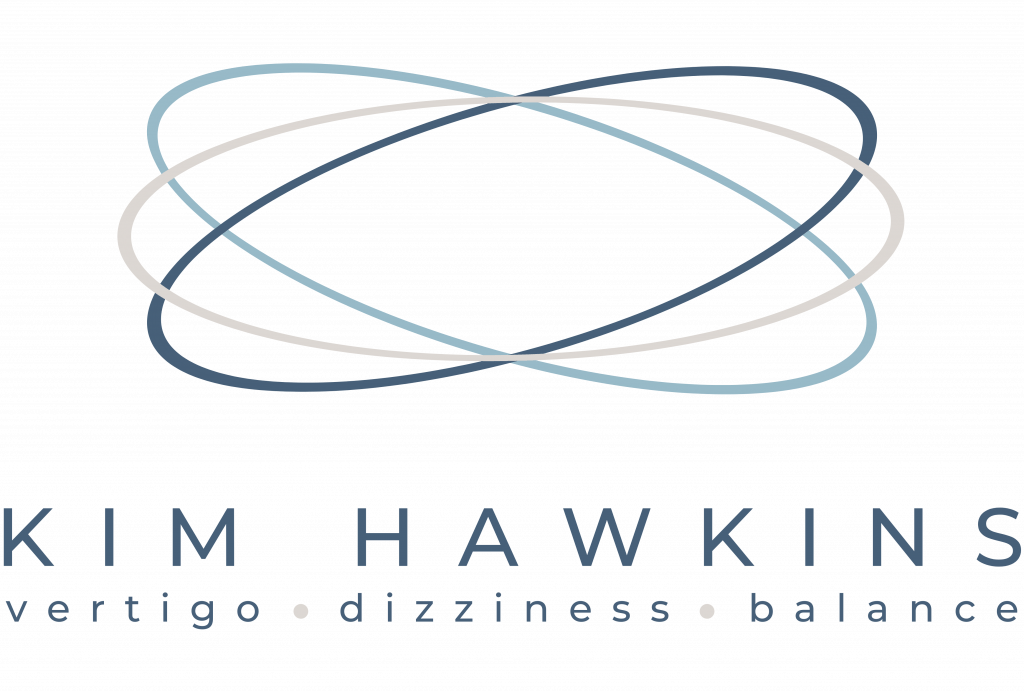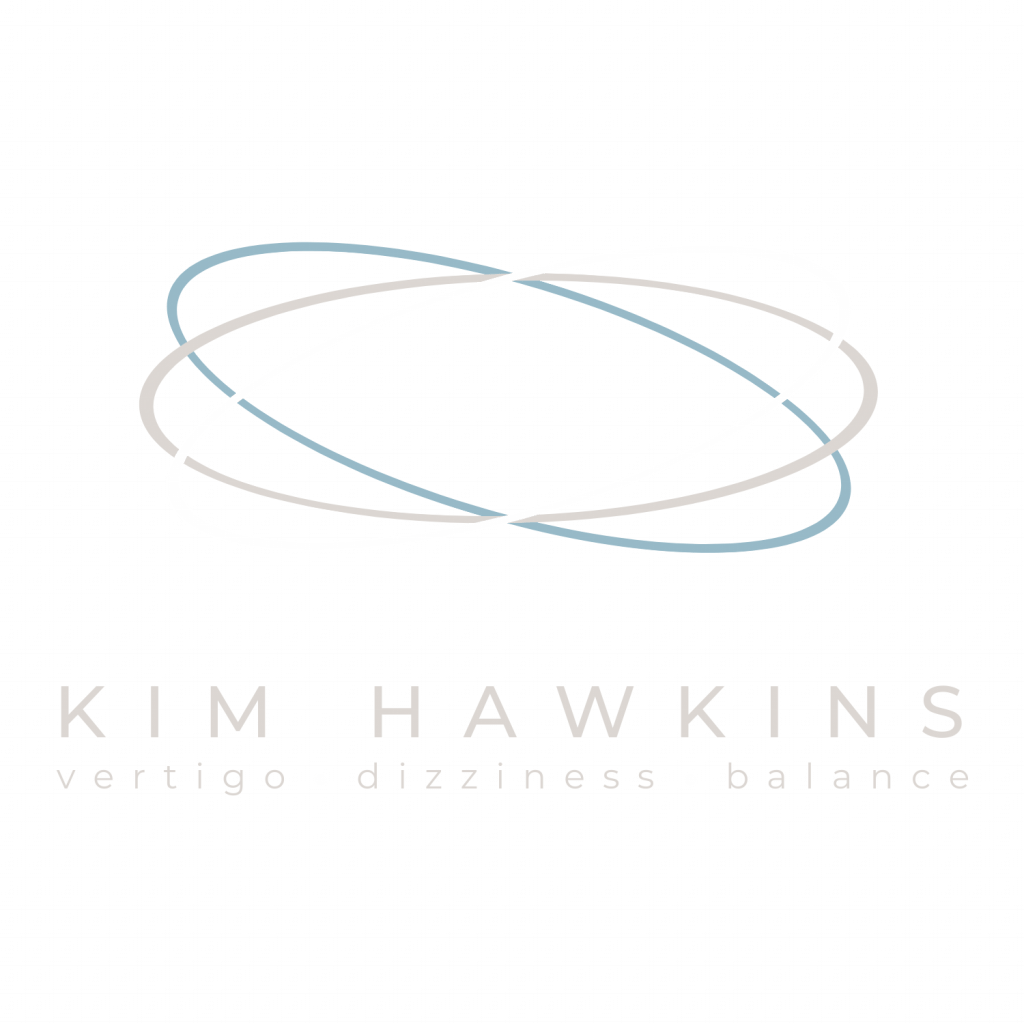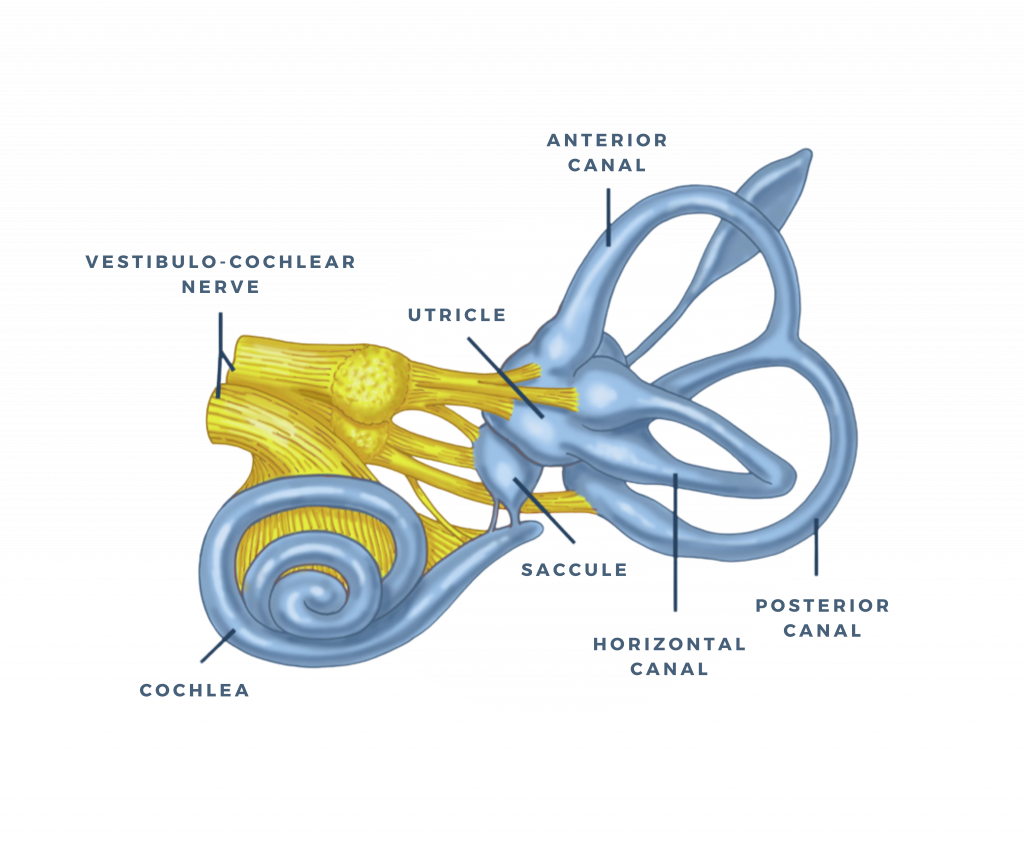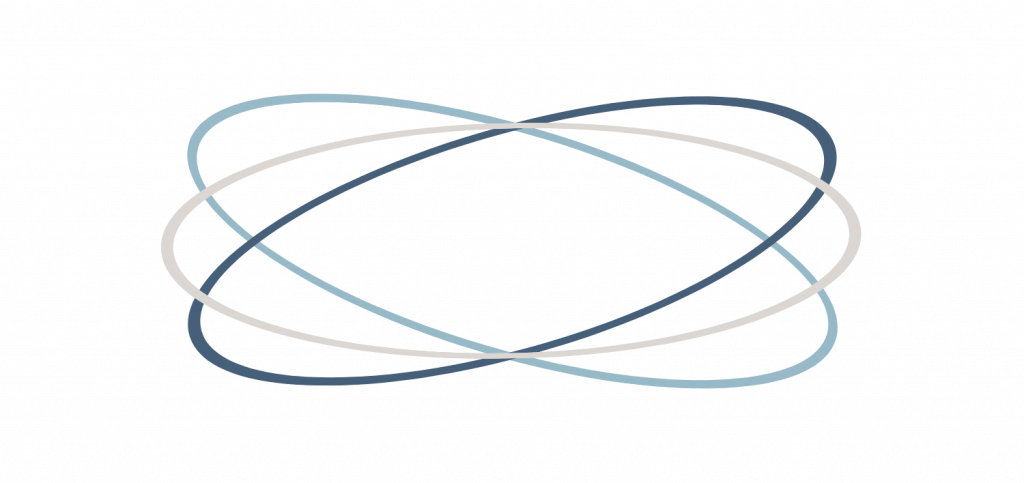
vestibular physiotherapy
The vestibular system is the collective term for the inner ear balance organs and the brain processing of inner ear balance information.
Vestibular or inner ear conditions can cause various symptoms, including dizziness, vertigo (usually spinning or rocking/tilting sensations), light-headedness, unsteadiness or imbalance, nausea, vomiting, blurred vision, and fatigue. Anxiety and depression may also feature or be a result of living with vestibular symptoms.
A range of disorders can impact the vestibular system, resulting in the symptoms described above. These include benign paroxysmal positional vertigo (BPPV), unilateral vestibular loss due to vestibular neuritis or labyrinthitis, vestibular migraine, Meniere’s disease, superior canal dehiscence, peri-lymphatic fistula, bilateral vestibular loss, stroke or transient ischaemic attacks (TIA) or concussion/ head trauma to the labyrinth.
